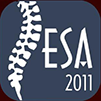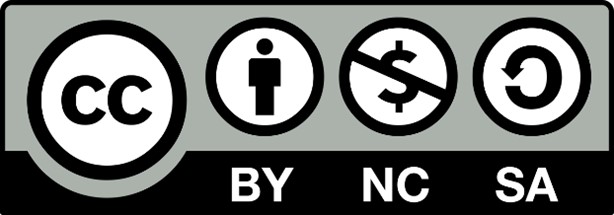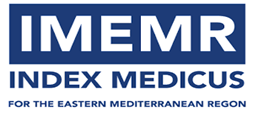Subject Area
Trauma
Article Type
Original Study
Abstract
Background Data: Long segment fixation has been frequently used for management of burst thoracolumbar fractures of the spine. Concerns about lost motion segments with this type of fixation encouraged the use of a shorter fixation method.Purpose: The aim of this study is to assess the ability of short segment fixation with pedicle screws at the fractured level to correct deformity, maintain correction and prevent failure in comparison to the traditional long segment fixation.Study Design: A descriptive retrospective clinical case study involving 40 patients.Patients and Methods: Forty patients underwent stabilization for unstable thoracolumbar burst fractures. They were divided into two groups; the short segment group and the long segment group. They were operated between June 2012 and May 2016. Participants were evaluated pre-operatively, post-operatively and at 3, 6, 9, and 12 months. Clinical outcome was compared using the modified Mc Nab criteria. Radiological outcome was compared using the Cobb angle measurement of kyphosis.Results: The two groups were fairly homogeneous and comparable epidemiologically. About 45% of the fractures were at L1 level. The short segment group showed less intraoperative blood loss, shorter operative time and hospital stay. Patients in both groups achieved satisfactory clinical outcome. No difference between the two groups in the mean kyphotic angle correction and the loss of kyphosis correction during follow up. Implant failure was recognized in five patients (12.5%), three patients had short segment fixation and two had long segment fixation.Conclusion: Short-segment pedicle screw fixation including the fractured vertebral body is as effective as long-segment pedicle screw fixation for the treatment of unstable thoracolumbar burst fracture. (2016ESJ137)
Keywords
Long segment, Short segment, fixation, Thoracolumbar spine, Trauma
How to Cite This Article
Awad, Tariq and Faisal, Salem
(2017)
"Short Same-Segment Instrumentation of Burst Thoracolumbar Fractures,"
Advanced Spine Journal: Vol. 21
:
Iss.
1
, Article 5.
Available at: https://doi.org/10.21608/esj.2017.5526




















